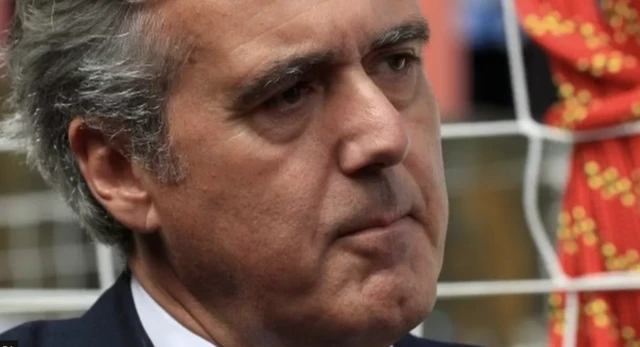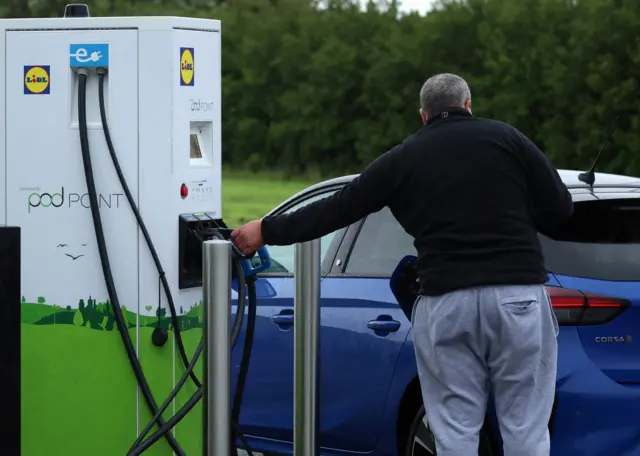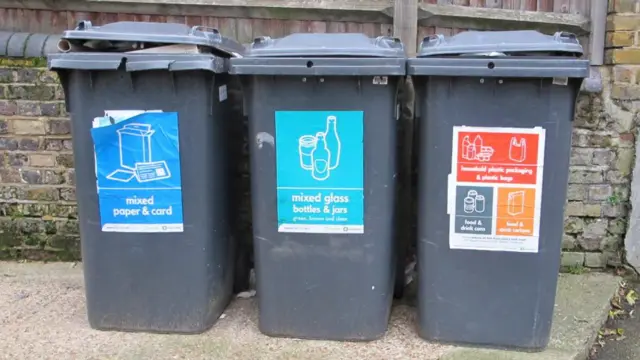That's all for now, thank you for joining uspublished at 13:07 BST 21 September 2023
Thank you for following our live coverage of reaction to the PM's plan to shift UK green policies.
Here's a reminder of some of the things we heard today:
- In an interview on BBC Radio 4's Today programme, Rishi Sunak said he was "absolutely not" slowing down efforts to tackle climate change
- He defended his suggestion that he was scrapping policies which included taxing meat, compulsory lift sharing, and making people use seven bins
- BBC political editor Chris Mason said Sunak is choosing "to embrace this argument and so is embracing the noise it is generating"
- The SNP has said rowing back on green pledges is "selfish and irresponsible"
- Appearing at an agricultural college in Chelmsford, the prime minister has brushed off suggestions his government could face a legal challenge
- Earlier, Labour's shadow climate secretary Ed Miliband said "yesterday was a bad day for “our economy, our prosperity and for Britain"
To get a better grasp of the issues at hand, you could check out our article on what net zero actually means, and have a look at this simple guide to climate change. And here are some of the key takeaways following the PM's speech yesterday.
You can also read our main story here.
Thank you for following along from the team here, editors Rob Corp and Nathan Williams, and our writers Anna Boyd, Michael Sheils McNamee, and Ali Abbas Ahmadi.





